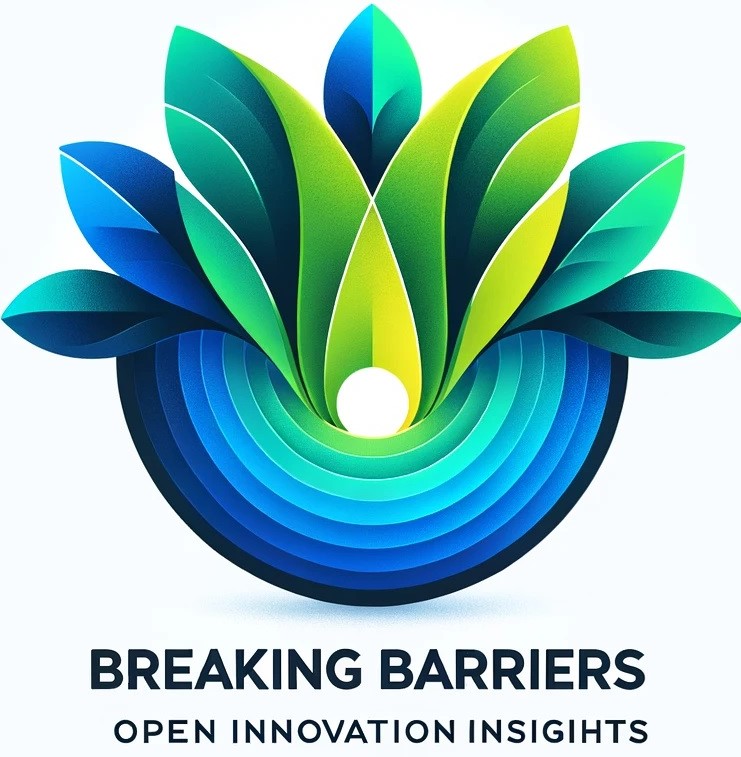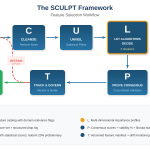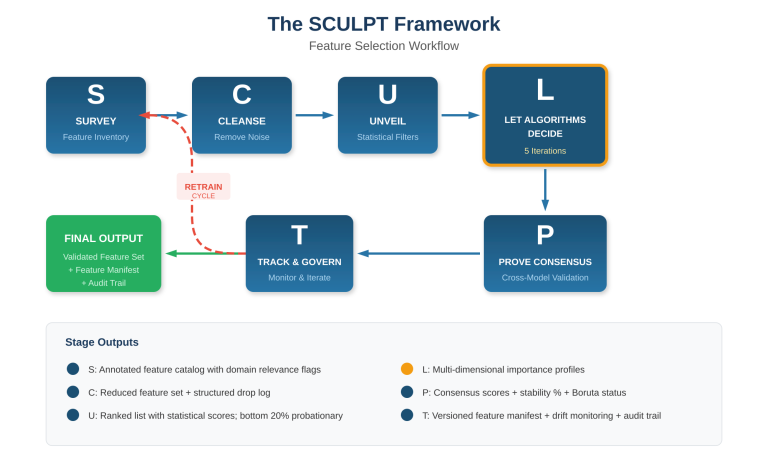
As healthcare continues to go through digital transformation, innovation in digital health business models is also happening simultaneously. However, from a sustainability perspective, these digital health business models innovations must fit in the overall healthcare ecosystem and be fluid enough to adjust amid the ever-changing healthcare landscape.
The data is the currency for discovering novel digital biomarkers and their correlation to well understood clinical bio-markers, AI algorithms and pattern recognition, subtle influences towards healthy choices, treatment adherence, reducing cost, increasing efficiency, and continuous improvement in the patients, payers, and providers journey. But this data without the context of holistic clinical and administrative workflows has minimal value.
There are several critical actors in digital health – patients, payers, providers, digital health entrepreneurs, regulators, drug/therapy pioneers, families, patient support systems, technological platforms, and many more. Though patient-centricity is the goal, we inadvertently have to have process-centricity to innately induce consistent predictability in outcomes from clinical procedures. For example, radiologists have to have a standardized process to produce their final patient reports. Although accepting that process-centricity is a must in clinical workflows, what if process-centricity continues to bring predictability in clinical care, whereas patient-centricity is how we measure our success. So the theme should be achieving patient-centricity through process-centricity.
As we know, there are broadly two types of processes in healthcare –
Clinical – that creates value for the patients
Administrative – that creates value for the payers, & providers
The above two processes need to seamlessly and efficiently work together. But they still have a long way to go. Because of the loose coordination/integration between these two and seemingly conflicting objectives, most inefficiencies, deviation from patient-centricity, pain points, and costs in healthcare continue to creep. Nevertheless, the majority of the digital health startups are finding their opportunities and having their digital health business models emanating here (see picture below).
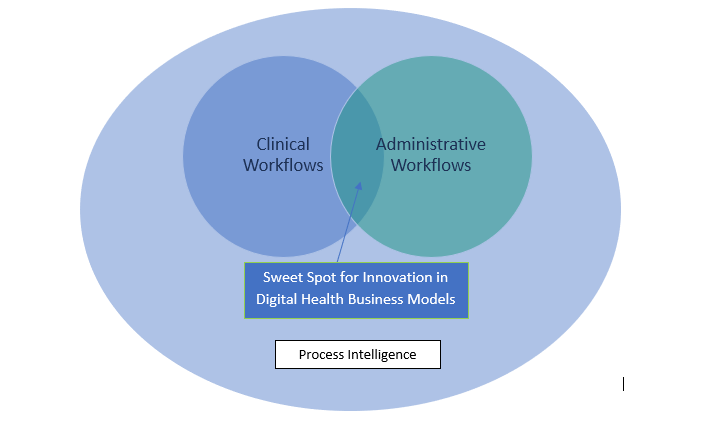
However, though digital health startups are mushrooming, most of their business models are not sustainable. Their focus is still very narrow and doesn’t account for the holistic view of the patient journey in healthcare settings. The business models lack a data-driven and real-time collective discovery view of clinical and administrative processes. So there always remains a gap between perception and reality. As a lean six-sigma practitioner, I find that the following picture sums it up and conveys what’s truly missing when we don’t have this holistic view. When the process intelligence approach is applied within the context of the healthcare system, “opportunities” revealed could also be the digital health opportunities
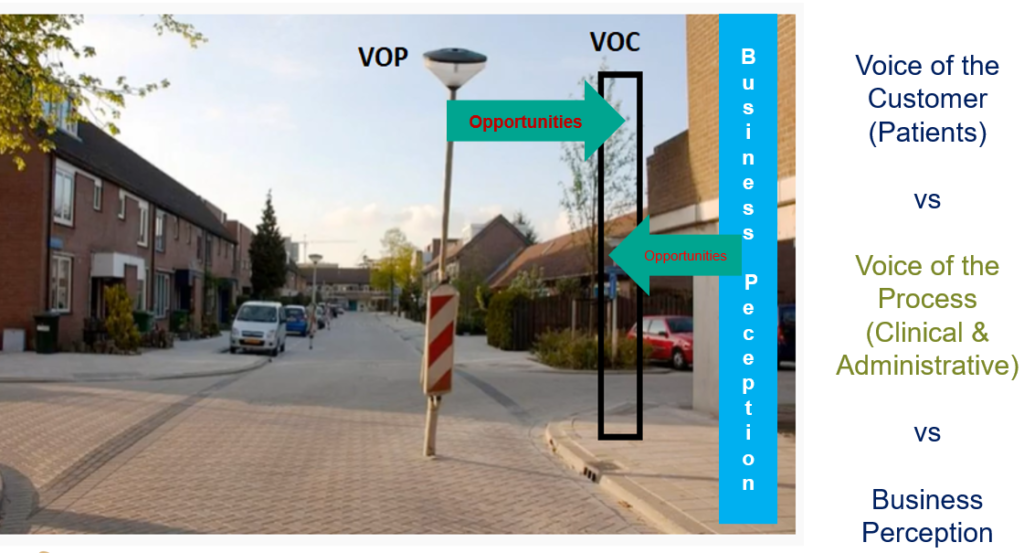
As part of my research on process intelligence, I have learned that data collected within the well-understood and objective context of the clinical and administrative processes could produce sustainable monetization via novel digital health business models than the data alone. That’s where the new body of knowledge – the process intelligence through process mining methodologies comes in.
Here is the summary of what I have learned –
- Don’t lock your digital health business model until you have a holistic data-driven visualization and context of clinical and administrative processes where your digital health solution will reside
- Holistic view of the process through tools like process mining provide an ability to run through various scenarios in real-time by changing data a bit to see its impact on digital health business models & deviations that could occur. And also resulting outcomes. You can even use these scenarios to continuously train and improve on AI algorithms
- Process intelligence through mining, will also give you the ability to pinpoint the exact boundaries of your digital health solution. It’s a critical insight, considering heavy regulatory, legal, and compliance needs in healthcare
- Think of process intelligence as a command center, where you have a visual representation, via data, of exactly where your digital health solution resides and behaves amid varying environmental factors and actors. This command center view provides a better and a proactive way to fine-tune business models
Few years ago, one of my former MBA batchmates and I worked on a device to capture impact to the head during high-impact sports, predict concussions, and help prevent permanent brain injuries. Looking back now, I realize we could have achieved better outcomes and buy-ins if we had objectively understood how head impact data we were collecting complemented clinical and administrative flows in neuroscience. How would it have been different had we had a way to render the process visually and experience precisely how data we collected enriched AI algorithm to predict concussions and how it made the overall clinical processes and their outcomes better. It would have also answered how exactly our proposed business model integrated into the patient-care process.
